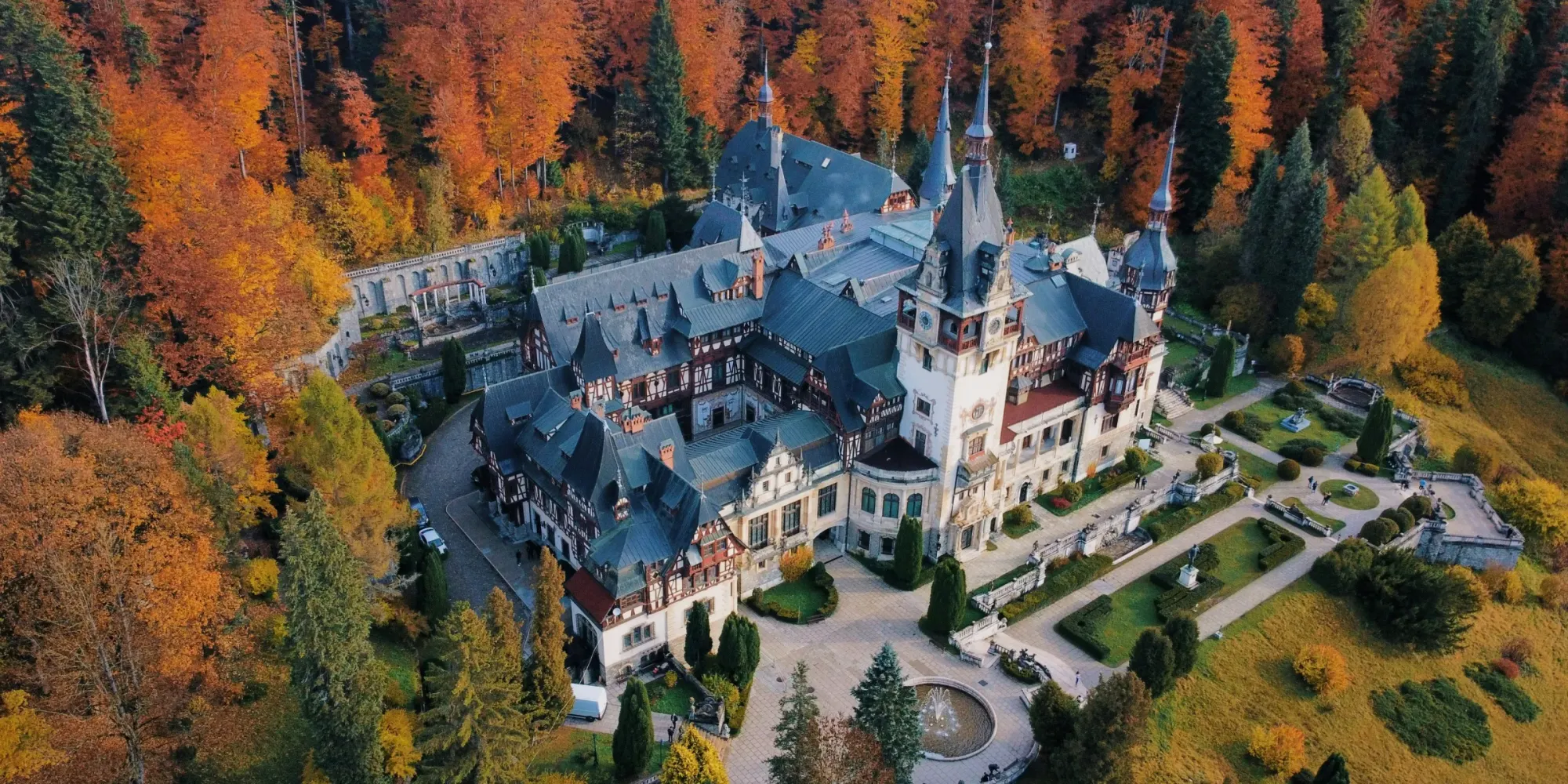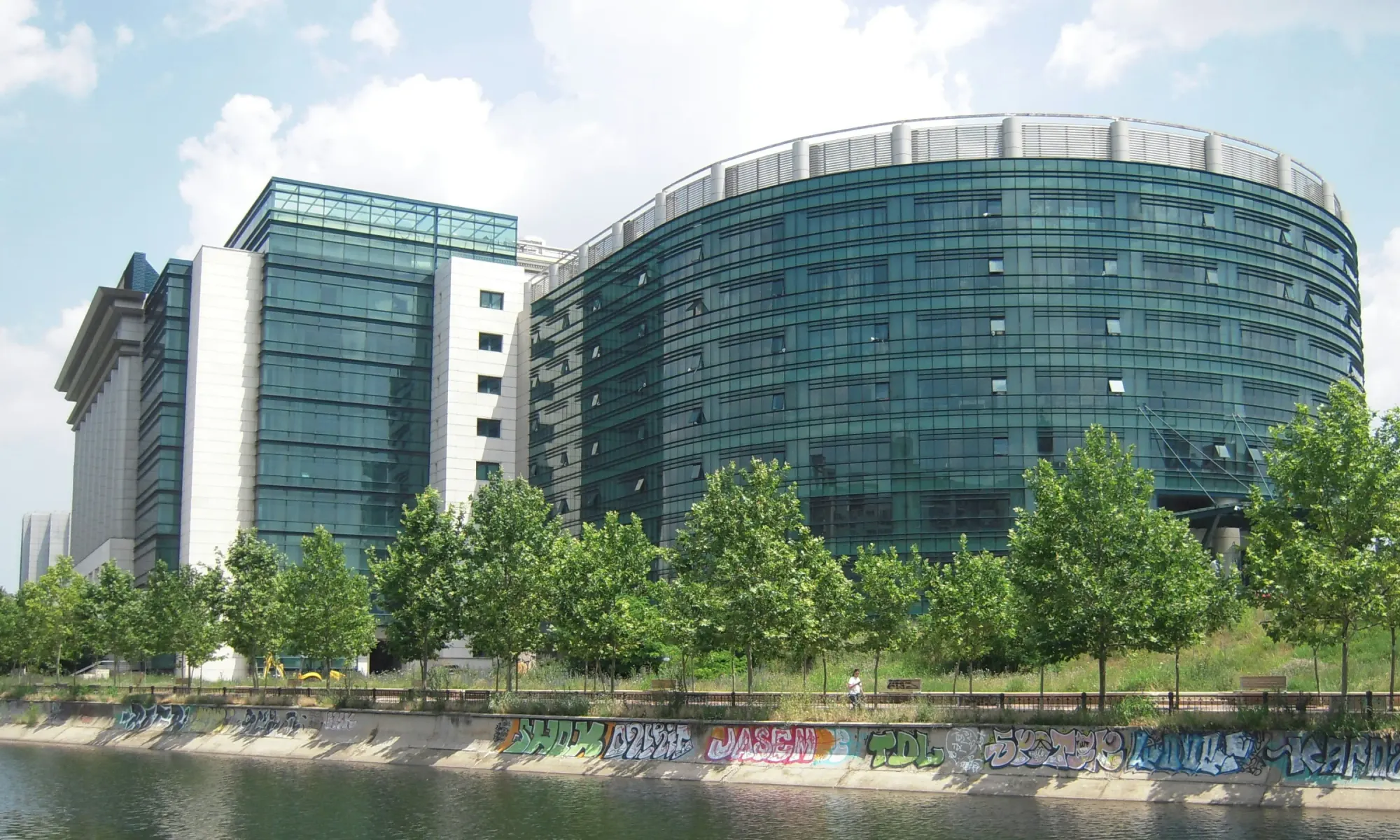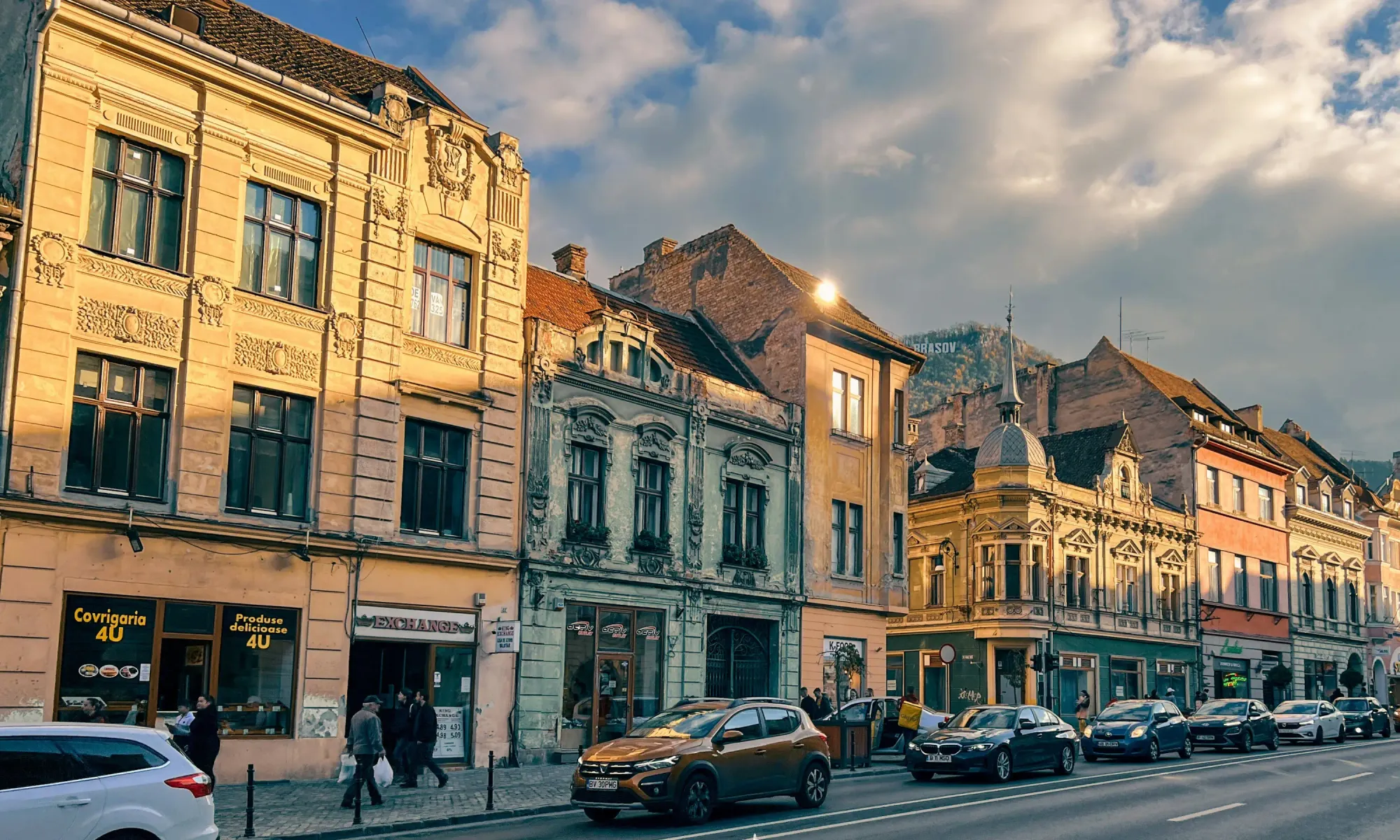Tokenization in Romania: How Blockchain Is Changing Property Investment
Blockchain is reshaping real estate in Romania. Tokenized property platforms open access to fractional investments, letting global buyers join Romania’s growing digital real estate market.

Walk through Bucharest on a sunny morning and you’ll see cranes rising beside 19th-century buildings. The city feels both old and young — and that mix perfectly reflects what’s happening in Romania’s economy. While tradition stays strong, technology is rewriting how people buy, sell, and invest. One of the newest ideas to take root here is tokenization — a digital way to share ownership of real property.
The Romanian Context: Tech and Finance
Romania might seem an unlikely place to watch a blockchain revolution in real estate. Yet the country has some strong advantages. It has one of Europe’s fastest internet networks and a highly skilled tech workforce. Many Romanians use digital banking and mobile apps (over 70% of people regularly use online banking). This digitally engaged population creates a fertile ground for fintech innovations like tokenization.
Romania’s FinTech ecosystem is growing fast. Tech blogs note that “Romania has become a regional center for blockchain innovation”. Local developers are building solutions not just in crypto, but in blockchain identity and supply chain too. Because of this mindset, adopting new ideas like tokenization is easier.

Legally, Romania follows European rules on digital assets. The EU’s Markets in Crypto-Assets (MiCA) law started to apply in 2024, setting common standards. Under current Romanian law, experts say that issuing tokens for property “is allowed under Romania’s financial-instruments framework”. In fact, Chambers and Partners notes that tokenized property interests are treated like any security under Romania’s regulations. This means tokenization projects just have to follow existing rules (like publishing a prospectus for investors). In practice, there’s no ban on property tokenization – it’s simply a new way to sell shares in a project.
The government and regulators have been open to blockchain too. Romania’s anti-money laundering laws now include crypto firms, which helps legitimize digital tokens. While property title registrations are still done with notaries and land books, some Romanian authorities have looked at blockchain pilots for land data. Overall, the legal picture is clear enough that startups feel safe building token platforms here.
How Tokenization Is Being Used in Romania
In Romania, real estate tokenization is moving from idea to reality, thanks to some active players and projects. A key example is MetaWealth, a fintech startup founded in 2023. It opened its main office in Bucharest and raised funding quickly. In fact, by mid-2024 MetaWealth was valued at €50 million after a funding round. It had already tokenized 101 properties worth over $20 million across Europe, showing strong early traction.

One United Properties, Romania’s largest green builder, partnered early with MetaWealth. In May 2024, they signed a €20 million framework deal. MetaWealth agreed to list three residential projects by One United on its token platform. The first example was 31 high-end apartments in Bucharest’s One Lake District. MetaWealth sold tokens representing stakes in these apartments (totalling about €5.5 million). Investors who bought the tokens would earn rental income and later share in the sale profits. MetaWealth announced this as a “milestone” validating the tokenization model in Romania.
This deal showed how local projects could reach international buyers. By tokenizing a Romanian apartment block, One United could tap small global investors who normally wouldn’t have access. MetaWealth’s co-founder said the partnership “gives local developers a global stage” for their projects. In effect, a Romanian real estate developer started selling shares of its buildings online to people worldwide.

In September 2025, they launched an even larger offering: a €17.9 million tokenized real estate bond in Bucharest. This was a basket of bonds tied to new One United projects, aiming to pay about 19% annual returns (split into fixed and variable parts). Institutional investors and high-net-worth individuals could buy these bonds via the MetaWealth platform. The bonds were issued in Luxembourg and even listed on a Spanish stock exchange for extra liquidity. MetaWealth’s chairman said this made “premium real estate investment opportunities in Romania” easily accessible to bigger investors. The platform recorded these bonds on the Solana blockchain, so the ownership records are secure and transparent.
Thanks to these projects, MetaWealth quickly showed results. By late 2024 it had sold over $13 million in tokenized Romanian real estate. In 2025 its investors collectively received over $1 million in rental income distributed via tokens. That payout came from some mature, income-producing assets in its portfolio. MetaWealth reported that it had more than $50 million worth of assets in its pipeline. These successes helped build confidence that tokenization can work in Romania.

Other companies are watching too. For example, our blog notes that MetaWealth and similar platforms have already tokenized properties in Romania as part of a pan-European strategy. In fact, they point out that by mid-2025 MetaWealth had assets in “multiple countries – including … Romania”, with over $50 million transacted. Earlier in our article, we also mentioned that tokenization is global in nature, noting transactions in Europe and the Middle East. These articles underscore that Romania is on the map of tokenized real estate.
It’s not just MetaWealth. Other Romanian ventures and partners are emerging. For instance, Realto.ro is a platform (website) aiming to offer tokenized investments in modern real estate projects, including some in Romania. There are also talks of traditional banks and exchanges supporting token assets. (In Spain, for example, the stock exchange BME invested in a real estate tokenization platform; Romanian institutions may follow suit.) While MetaWealth has been most visible, the whole ecosystem is growing with fintech talent and investors on board.
Interesting Tidbits: Romania’s Tech Edge
Beyond projects, Romania’s general tech environment gives tokenization an extra boost. The country is known for its fast internet and tech-savvy population. In the FinTech rise report, Romania is praised for its “strong talent base” and “cost advantages with EU access,” factors that help digital innovation thrive. Romanians took to mobile banking quickly, moving toward a cashless society. In fact, the report notes Romania has “some of the fastest broadband speeds in Europe” and a high level of digital banking usage. This means blockchain-based ideas can spread easily. Even consumer habits favor crypto; Romanians have one of the highest rates of cryptocurrency interest in Eastern Europe.

Romania also has a vibrant startup scene. Bucharest and Cluj host tech events and coworking spaces that connect entrepreneurs. The country’s agile banking system and modern regulators have allowed fintechs to experiment. Some Romanian firms are already building on Solana (as MetaWealth did) and partnering with global platforms. Blockchain meetups and university programs have trained engineers who now work on token projects. This culture of innovation – paired with a EU location – makes Romania well placed for tokenization.
Here’s a fun thought: Romania is famous for castles, from Dracula’s Bran Castle to Peleș Castle in the mountains. In theory, tokenization could let people own little pieces of these landmarks. Imagine buying a token for a share of a Transylvanian castle’s revenue. While that’s a bit futuristic, it shows how real and digital worlds can meet. More practically, local developments like ski resorts, offices, or apartment blocks could be co-owned by many via tokens.
Benefits for Romanian Investors and Developers
For everyday Romanians, tokenization offers new possibilities. A person living in Cluj or abroad could invest in Bucharest real estate easily through tokens. They might not have enough cash to buy an entire apartment, but they could buy a few tokens in one. This lowers the minimum ticket for property investment. As Tokenizer.Estate’s news explains, tokenization can “lower entry tickets” for investors. That means more people can participate, not only rich buyers or banks.

Developers also gain benefits. By selling tokens, a builder can raise funding incrementally, often faster than with a single large sale. They still build and rent or sell the property, and pay out token holders from those returns. This might speed up construction projects by tapping global capital. In the One United example, tokenization let the developer market its apartments worldwide, as co-founder Căpitanu said it would diversify its pool of buyers. In future, token sales could become a routine part of project financing in Romania.
Tokenization can also bring more transparency and trust. Every transaction is public on the blockchain, so investors know exactly what they own. Romanian law firms point out that this clarity and automation can reduce fraud and mistakes. In a market that still relies on paper deeds and middlemen, a secure digital ledger is attractive. Over time, Romania might even link blockchain with the national land registry (as Spain is testing), further modernizing the market.
Regulatory Landscape and Future Outlook
Romania’s legal framework is adapting. As mentioned, tokenized securities must comply with existing rules. Projects often structure token sales under crowdfunding or bond regulations, ensuring investor protections. For example, platforms like Reental in Spain comply with Spanish crowdfunding laws. In Romania, similar oversight exists through the Financial Supervisory Authority (ASF) and banks. Rumors say Romanian banks are quietly discussing ways to connect with token platforms. The EU’s broad regulations (MiCA, AML directives) give guidance, and Romania implements those through national laws.

Challenges remain: the concept is new, and regulators will watch closely. Romanians who want to invest should do due diligence and use licensed platforms. Some regulators warn about scams in token real estate. But overall, the environment is not hostile. Chambers notes that Romania offers “a leaner and more flexible ecosystem” than larger EU countries for fintech innovation. This means token projects might face fewer roadblocks and can pilot new ideas faster.
Looking ahead, tokenization could expand beyond buildings. Any asset with economic value (like company shares, art, or infrastructure) could be tokenized. Romania’s strong blockchain talent suggests the country might see token projects in other fields too. For now, real estate is a natural start, because property is valuable and traditionally illiquid. If tokenization takes hold in Romania, it could slightly shift how wealth is invested there. Over time, Romanian investors and developers will gain experience, and tokenization might become a regular tool alongside mortgages and stocks.
Conclusion
Tokenization is still early in Romania, but the signs are clear. Innovative fintechs and international partnerships have already turned apartments into digital shares. Media reports and industry experts describe Romania’s token ventures with excitement. Romania’s fast internet, tech skills, and EU membership create a supportive backdrop. It’s not a “hub” yet in the way Dubai or Switzerland aim to be, but Romania is part of the global trend. As our analyses suggest, tokenization is “reshaping real estate” worldwide, and Romania is joining in. For investors, this could mean safer ways to own property pieces; for owners, a modern path to funding. In the years ahead, we may well see more Romanian projects offering tokens, blending the country’s rich heritage with tomorrow’s finance.

